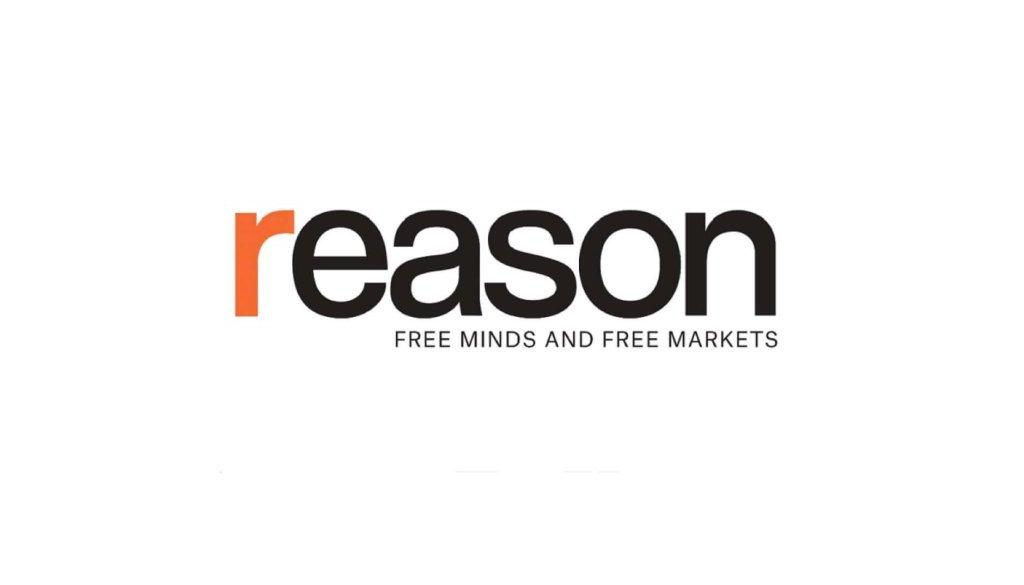Bray and Bagley on Trump v. CASA
There has been quite a bit of quick commentary on the Supreme Court’s decision to curtail the entry of universal injunctions in Trump v. CASA, much of it generating more heat than light (including that offered by President Trump). This post highlights two essays on the decision that are worth the read.
First is an op-ed by Samuel Bray in the New York Times, “The Supreme Court Is Watching Out for the Courts, Not for Trump.” Professor Bray has been among the most persistent and important critics of universal injunctions and Justice Barrett relied upon his scholarship in her decision. In his op-ed, he gives his read of the decision, explains why it is unlikely to allow President Trump’s unlawful Birthright Citizenship Executive Order to ever take effect, and explains why he thinks it “gives the courts a chance to reset, and to shift toward the more deliberative mode in which they do their best work.” He notes that the decision surfaces “competing visions for the role of the courts in our constitutional system.”
One vision is to say that the job of every judge is to declare the law and make sure everyone, including the president, follows it all the time. There’s a lot to be said for following the law, and in our constitutional system, no one is above it.
Another vision is to say that the chief job of the courts is to decide cases. Resolving disputes is what gives the courts their legitimacy: It is the core of the judicial power given by the Constitution, and robust judicial power is tolerable
Article from Reason.com

The Reason Magazine website is a go-to destination for libertarians seeking cogent analysis, investigative reporting, and thought-provoking commentary. Championing the principles of individual freedom, limited government, and free markets, the site offers a diverse range of articles, videos, and podcasts that challenge conventional wisdom and advocate for libertarian solutions. Whether you’re interested in politics, culture, or technology, Reason provides a unique lens that prioritizes liberty and rational discourse. It’s an essential resource for those who value critical thinking and nuanced debate in the pursuit of a freer society.




